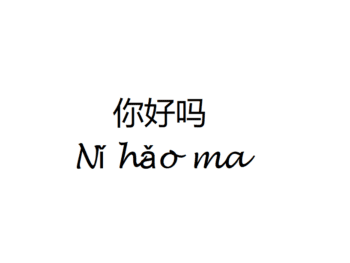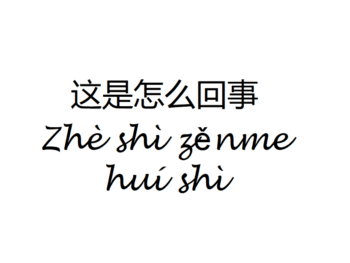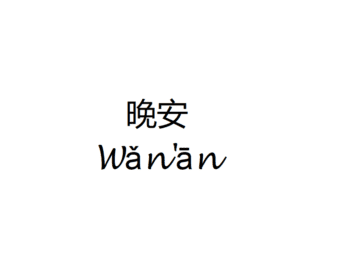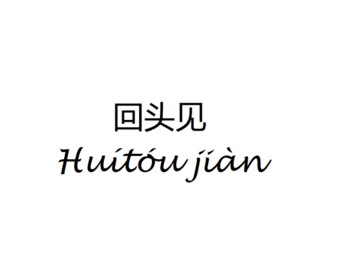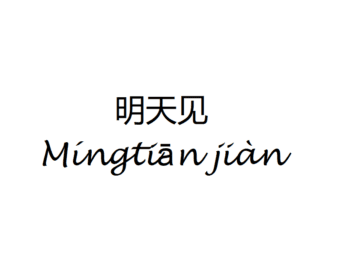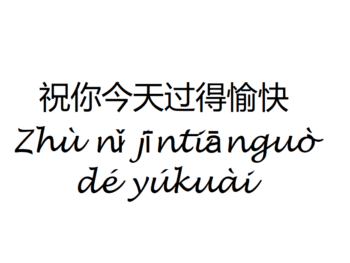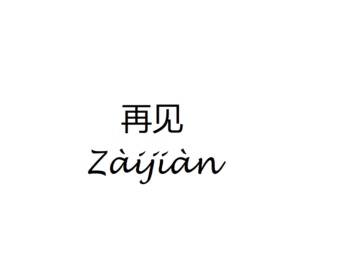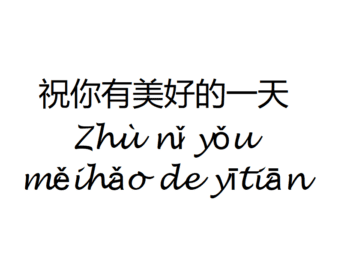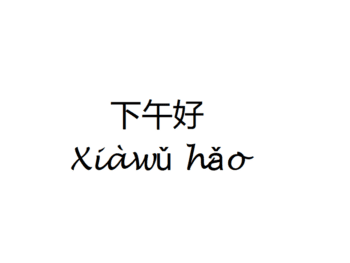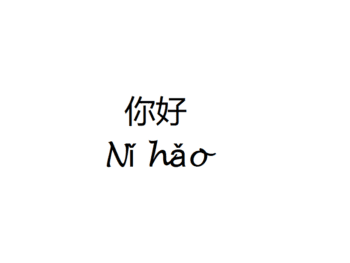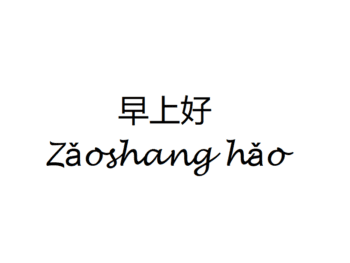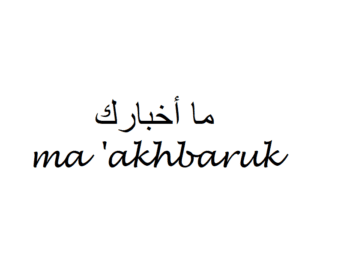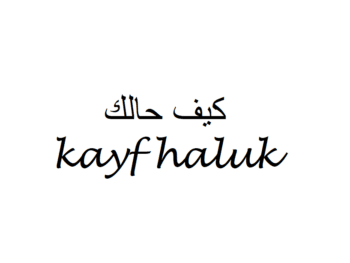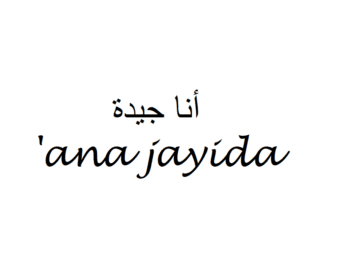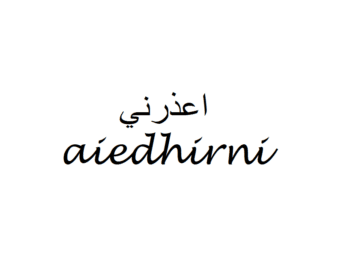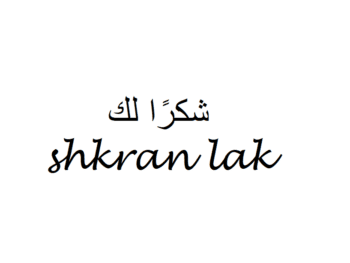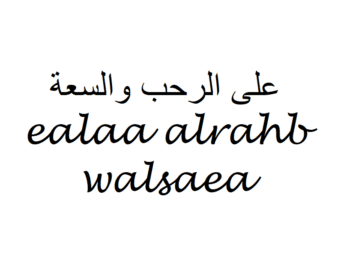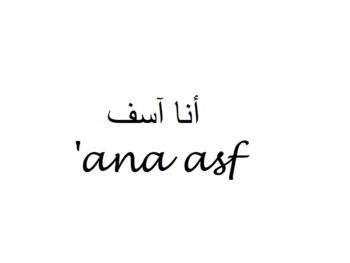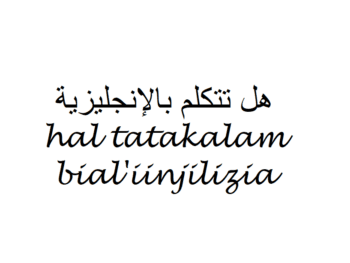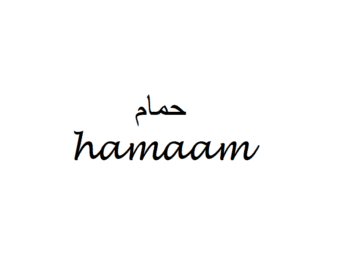Saying “how are you doing” in Chinese is a great way to start any conversation. It shows that you care about the other person and want to know how they are feeling. In Chinese, there are two common ways of saying this phrase: 你好吗 (nǐ hǎo ma) or 你过得怎么样?(nǐ guò dé zěnme yàng). Both phrases …
What’s Up in Chinese
Saying “What’s up?” in Chinese is a great way to start a conversation or show interest and enthusiasm. The most common phrase used is 你好 (nǐ hǎo), which literally translates to “you good,” but it can be interpreted as “how are you?” or even just hello. How to Say What’s Up in Chinese If you …
Goodnight in Chinese
Goodnight is an important part of any language, and Chinese is no exception. Saying goodnight in Chinese can be a great way to show someone that you care about them or that you appreciate their presence in your life. In this article, we will look at how to say “goodnight” in Chinese and the different …
See You Later In Chinese
Saying “See You Later” in Chinese is a great way to show someone you care and appreciate them. There are many different ways to say it, depending on the context and level of politeness that you want to convey. How to Say See You Later In Chinese If you’re saying goodbye for the day, one …
See You Tomorrow in Chinese
Saying “See You Tomorrow” in Chinese is quite simple. The most common way to express this sentiment is by saying “Zai Jian” (再见). This phrase literally translates to “again see,” and it can be used as both a goodbye and an expression of farewell. How to Say See You Tomorrow in Chinese You can also …
Have a Nice Day in Chinese
When you want to say “Have a nice day” in Chinese, there are several ways to express this sentiment. One of the most common ways is to say “Xīn nián yǒu jí kuài lè” which literally translates as “Happy New Year with lots of joys.” This phrase can be used when wishing someone a pleasant …
Goodbye in Chinese
Saying goodbye in Chinese can be a bit tricky, but it’s not impossible. The simplest way to say “goodbye” is zài jiàn (pronounced zigh-jen). This phrase literally translates as “again meet” and is the most commonly used expression for farewelling someone. It can also mean “see you later,” so make sure you use the context …
Have a Good Day in Chinese
In Chinese, the phrase ‘have a good day’ is translated to “Xíng rì hǎo.” This simple phrase can be used as both a greeting and farewell in many situations. It conveys warm wishes for someone’s day ahead, as well as wishing them luck and success throughout their endeavors. How to Say Have a Good Day …
Good Afternoon in Chinese
Saying “Good Afternoon” in Chinese is a great way to show respect and politeness when interacting with people from the Chinese culture. It is also an easy phrase to learn, as it only consists of two characters that are easy to pronounce. How to Say Good Afternoon in Chinese The phrase for “Good Afternoon” in …
Hello in Chinese
In Chinese, there are many different ways to say hello depending on the context. A common greeting is “Ni hao” (pronounced ‘nee how’), which means “Hello” or “Hi.” This phrase can be used for both formal and informal occasions, so it is probably the most widely used form of greeting in China. How to Say …
Good Morning in Chinese
Good morning is a common greeting in English, and there are many ways to say it in Chinese. Here are some of the most commonly used ones: How to Say Good Morning in Chinese 1. 早上好 (Zǎo shang hǎo): This phrase is one of the most widely used phrases for saying good morning in Chinese. …
What’s Up in Arabic
Greeting someone in Arabic is a great way to show respect and demonstrate cultural awareness. Saying “What’s up?” or “How are you doing?” is an informal, friendly way to greet people. In Arabic, there are several ways to say this phrase depending on the context and who you are talking to. How to Say What’s …
How Are You Doing in Arabic
In the Arabic language, there are many different ways to say “How are you doing?” Depending on the context and who is speaking, one might choose a more formal or informal way of asking this question. The most common way to ask someone how they are doing in Arabic is by saying “Kayf Halak?”. This …
I Am Good in Arabic
In Arabic, the phrase for “I Am Good” is Ana Bikhair. This phrase can be used in a variety of situations including when greeting someone, or simply expressing your well-being. It can also be used as a response when someone asks you how you are doing. Knowing how to say “I am good” in Arabic …
Excuse Me In Arabic
When travelling in the Middle East, you may find yourself in a situation where you need to say “Excuse me” in Arabic. Knowing how to do so can help when needing to ask for direction, where you are, or just to ask a local a question. How to Say Excuse Me In Arabic The most …
Thank You in Arabic
Thanking someone in Arabic is done by saying “shukran” (pronounced shoo-krahn). This word literally translates to “thank you,” and can be used as an expression of gratitude for anything from a favor or kind gesture to a job well done. It can even be used to say thank you for being there when times are …
You’re Welcome in Arabic
Saying “you’re welcome” in Arabic is a polite way to acknowledge gratitude from another person. In the language of this ancient culture, there are several ways to express appreciation for kind words or actions. How to Say You’re Welcome in Arabic The most common phrase used is لله الحمد (al-hamdu lillah), which translates to “praise …
I’m Sorry in Arabic
Saying “I’m sorry” in Arabic is an important expression of remorse and regret. It has the power to express deep contrition while also conveying a sense of humility and respect. In its simplest form, the phrase translates to “Ana asif” (أسف انا). However, depending on the context and situation, there are various other ways to …
Do You Speak English in Arabic
When traveling in an Arabic-speaking country, it can be difficult to communicate if you do not know the language. One way to bridge this communication gap is to ask “Do you speak English?” in Arabic. How to Say Do You Speak English in Arabic The phrase for asking someone if they speak English is “Hal …
Bathroom in Arabic
The bathroom is a common room in households across the world, and there are many different ways to say it in Arabic. The most commonly used word for “bathroom” is حمام (ḥammām), which literally translates as “bath” or “shower”. How to Say Bathroom in Arabic Another option could be الحمام (al-ḥammām), which means “the bathroom”. …

